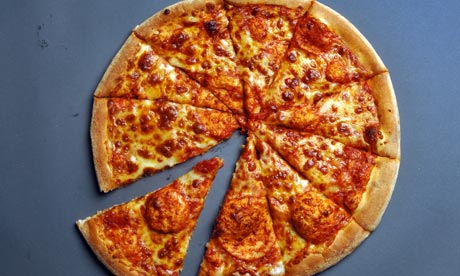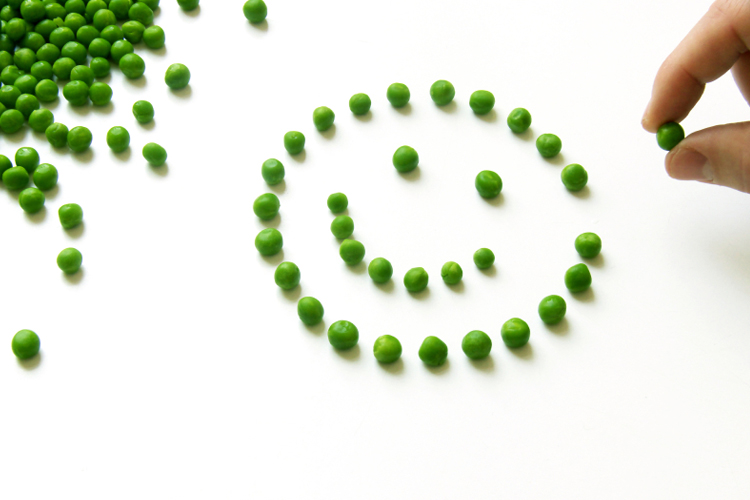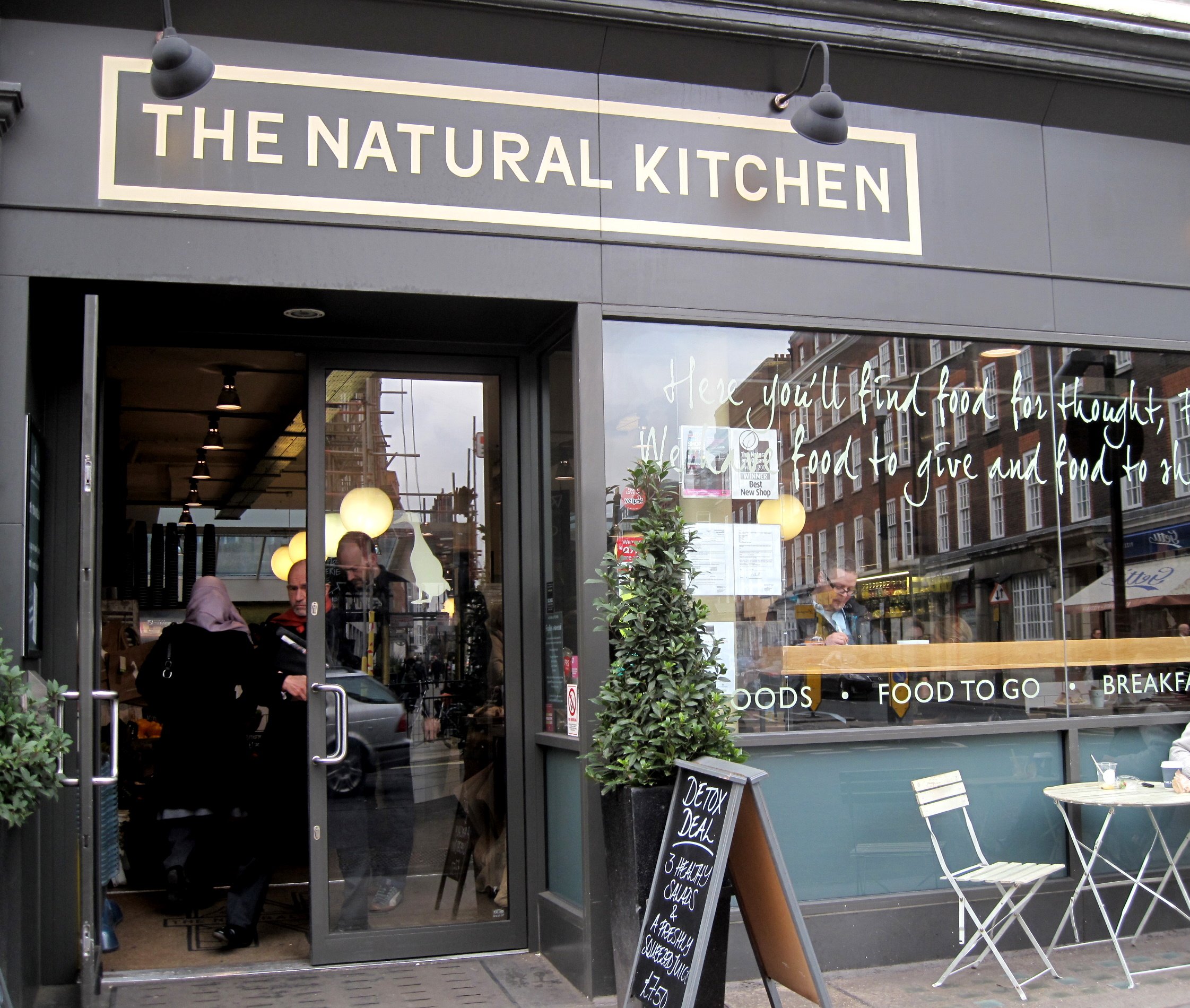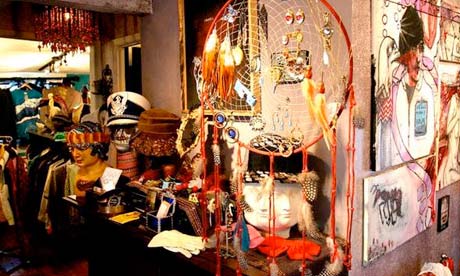Sustrans are a leading UK charity enabling people to travel by foot, bike or public transport for more of their daily journeys by working with policy makers, partner organisations and communities.
They run a range of programs and activities across the UK, including bike loans, health walks, cycle rides, workplace events, cycle training and bike maintenance classes.
 As a London cyclist myself (me on the left!), I know many people who would like to cycle to work or school but are put off by the danger and the regular reports of cyclists being killed or seriously injured on the capital's streets. Whatever can be done to improve safety for cyclists would be a wonderful thing. I cycle 100km per week to and from work and witness the dangers up close every day.
As a London cyclist myself (me on the left!), I know many people who would like to cycle to work or school but are put off by the danger and the regular reports of cyclists being killed or seriously injured on the capital's streets. Whatever can be done to improve safety for cyclists would be a wonderful thing. I cycle 100km per week to and from work and witness the dangers up close every day. There are many things which could be done to protect cyclists, and relieve the stress on drivers who sometimes struggle with the number of cyclists on the streets during the rush hour. Cyclists traffic lights would be one obvious example, allowing cyclists to get away ahead of the traffic without the danger of cars/trucks turning left across us or squeezing us up against park cars etc.
In London, Sustrans runs a project called London Greenways which seeks to create a network of routes for walkers and cyclists and aims to improve access to and through green space across the capital. Sustrans is working with Transport for London and the London Boroughs to deliver safe, quiet routes through parks, green spaces and lightly trafficked streets.
Sustrans also run a 'Links to schools' project which is funded by the Department for Transport. Local authorities across England have been working with Sustrans for 8 years to connect schools and communities to the national Cycle Network, providing new safe walking and cycling routes to schools. They have been successful in reducing the number of cars taking children to and from school, reducing congestion, pollution and accidents while improving children's health.
Sustrans also work with both policy makers and the public on the need for behaviour change to embrace low carbon travel and through their low carbon team, they work to push the issue higher up the political agenda.
They do all this and so much more and there are plenty of ways to get involved and find out what projects are going on in your local area. I will be posting further information on how you can help me raise money for them by sponsoring me for my London Night Rider, in an upcoming post.
In the meantime, there is plenty more information on their website: http://www.sustrans.org.uk and they are always grateful for support.


























